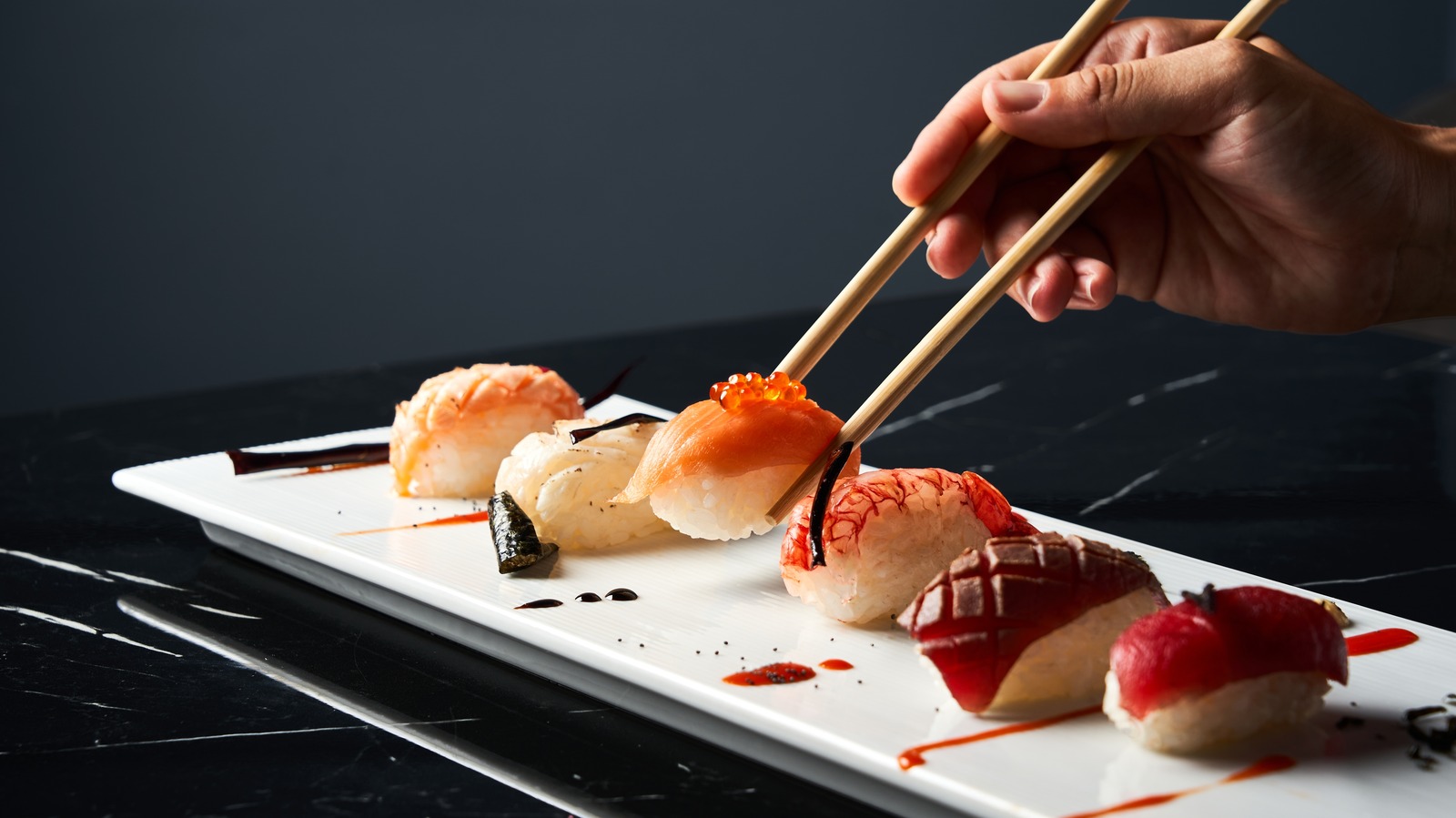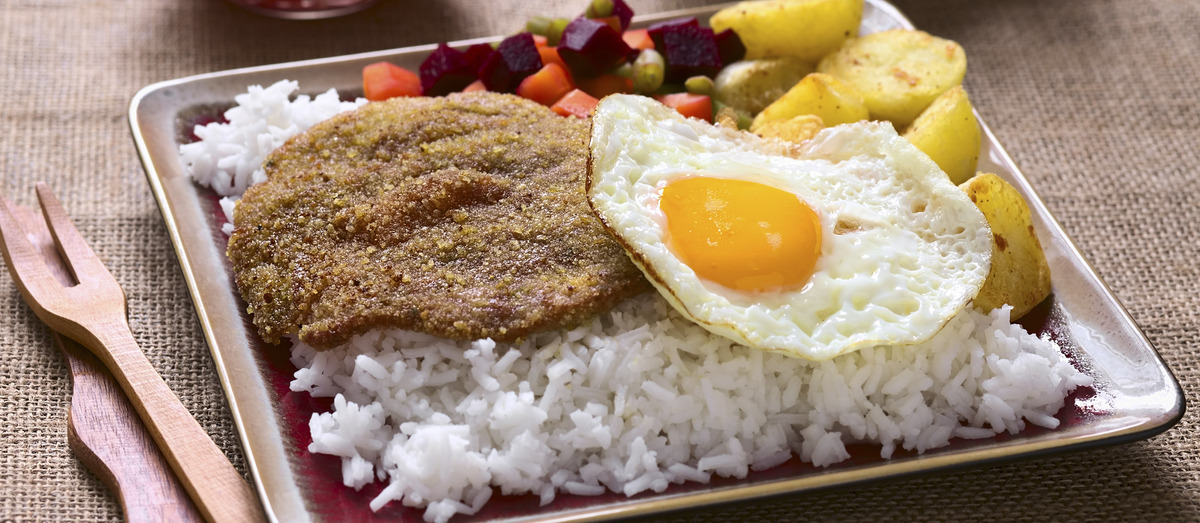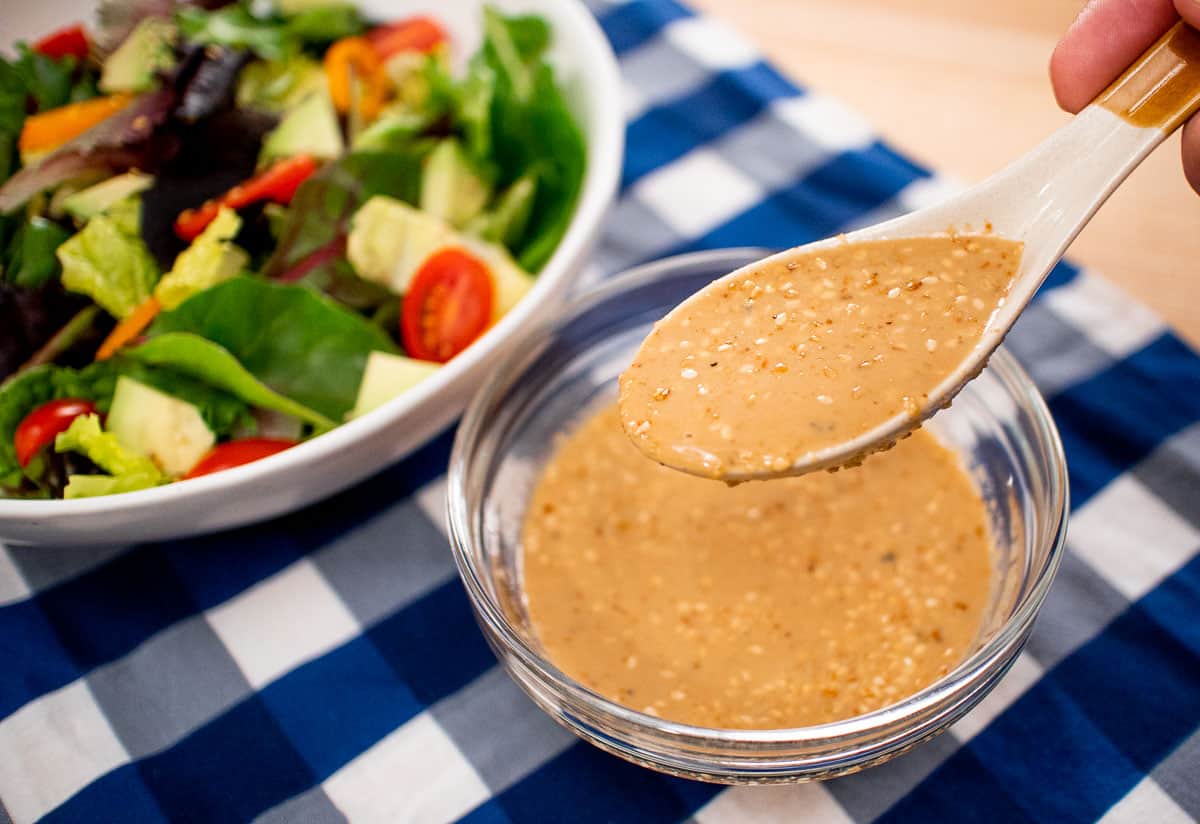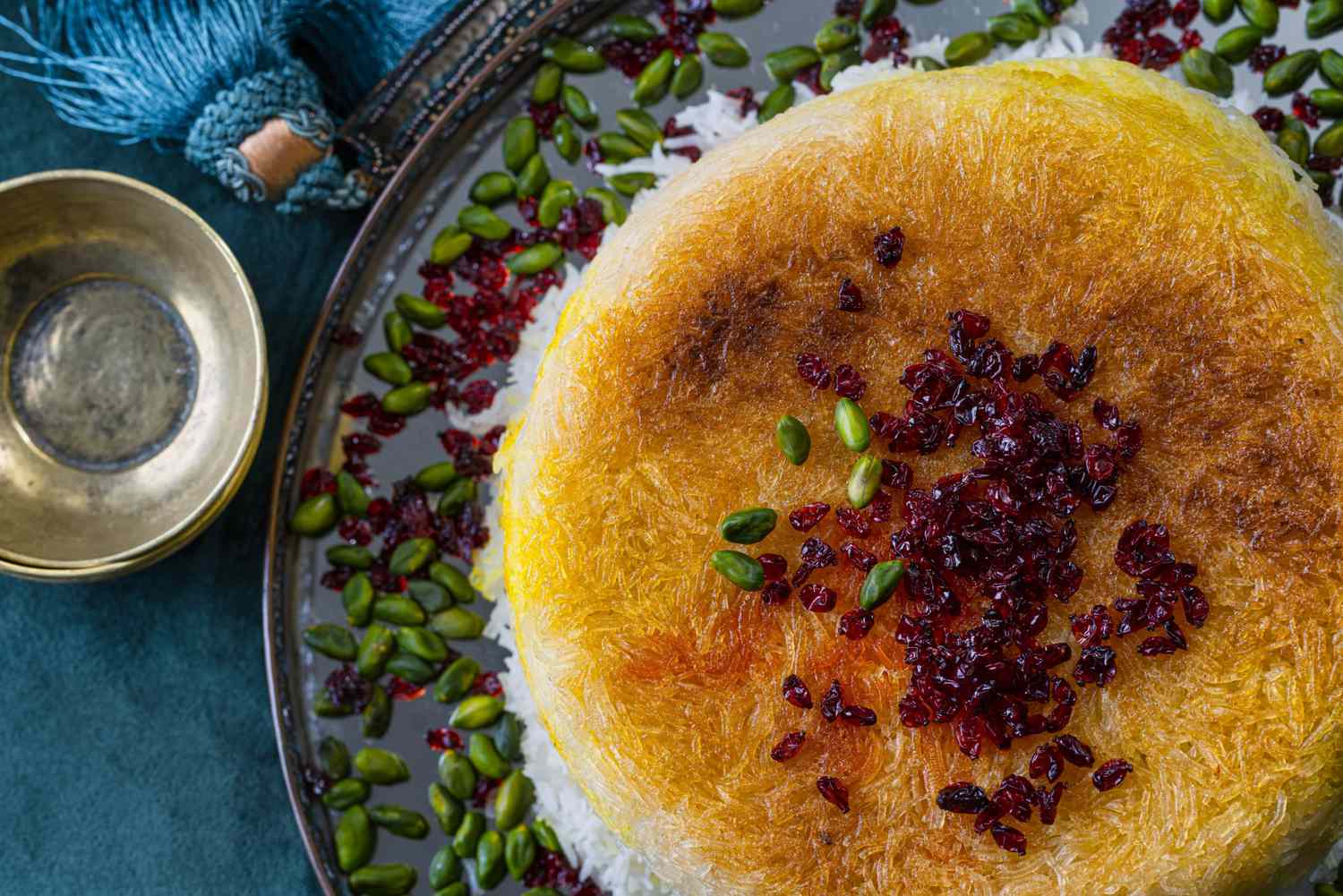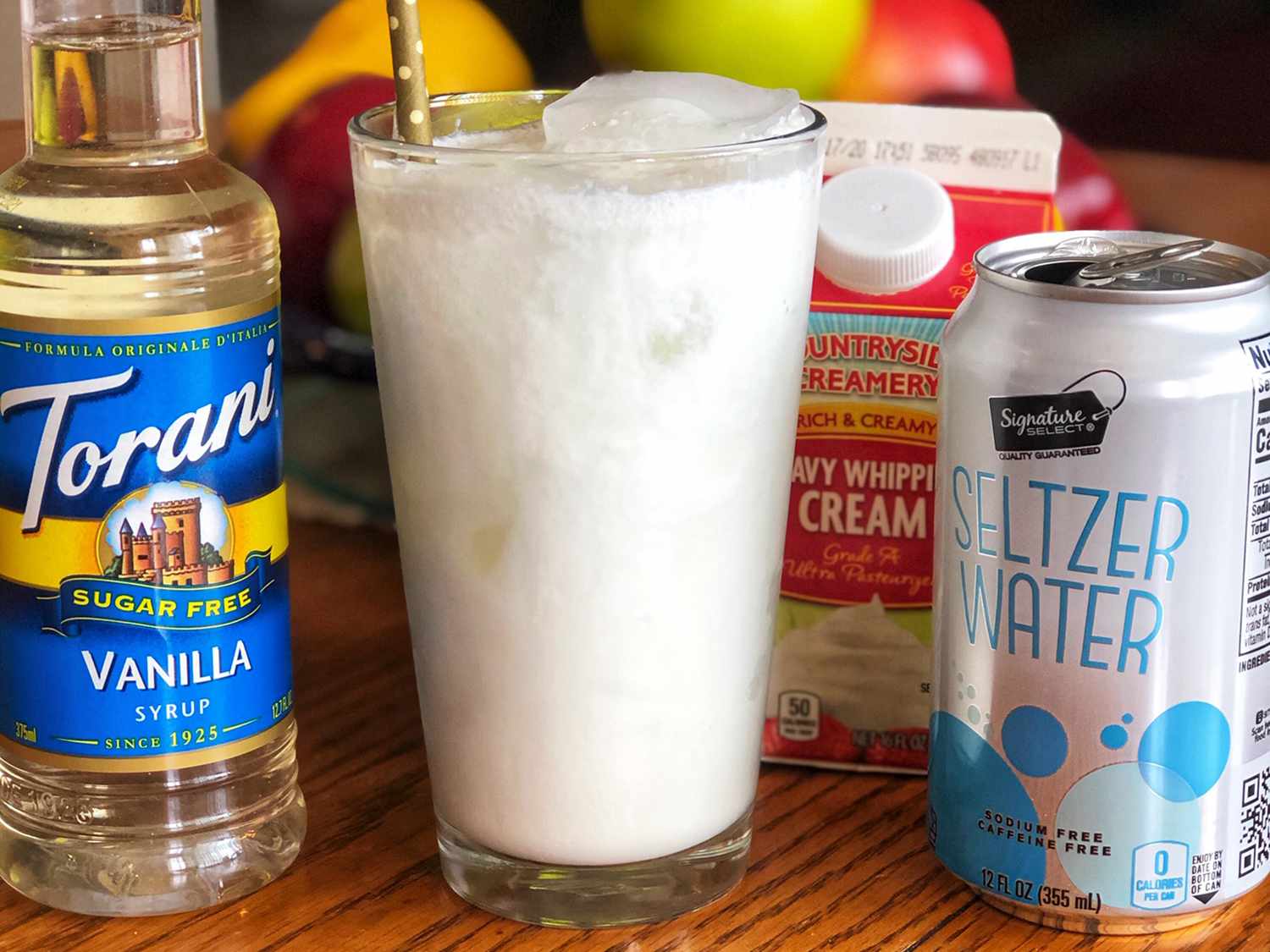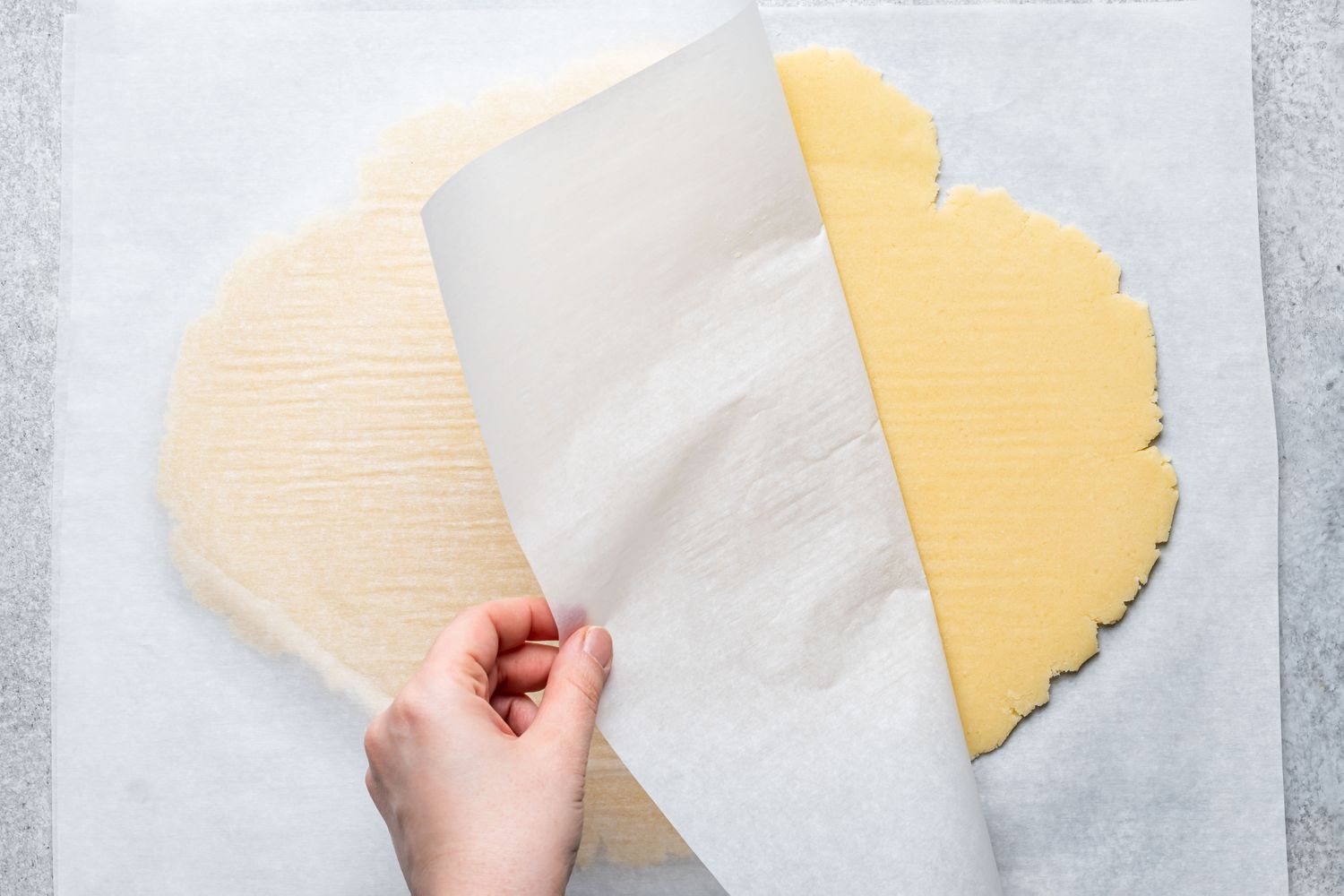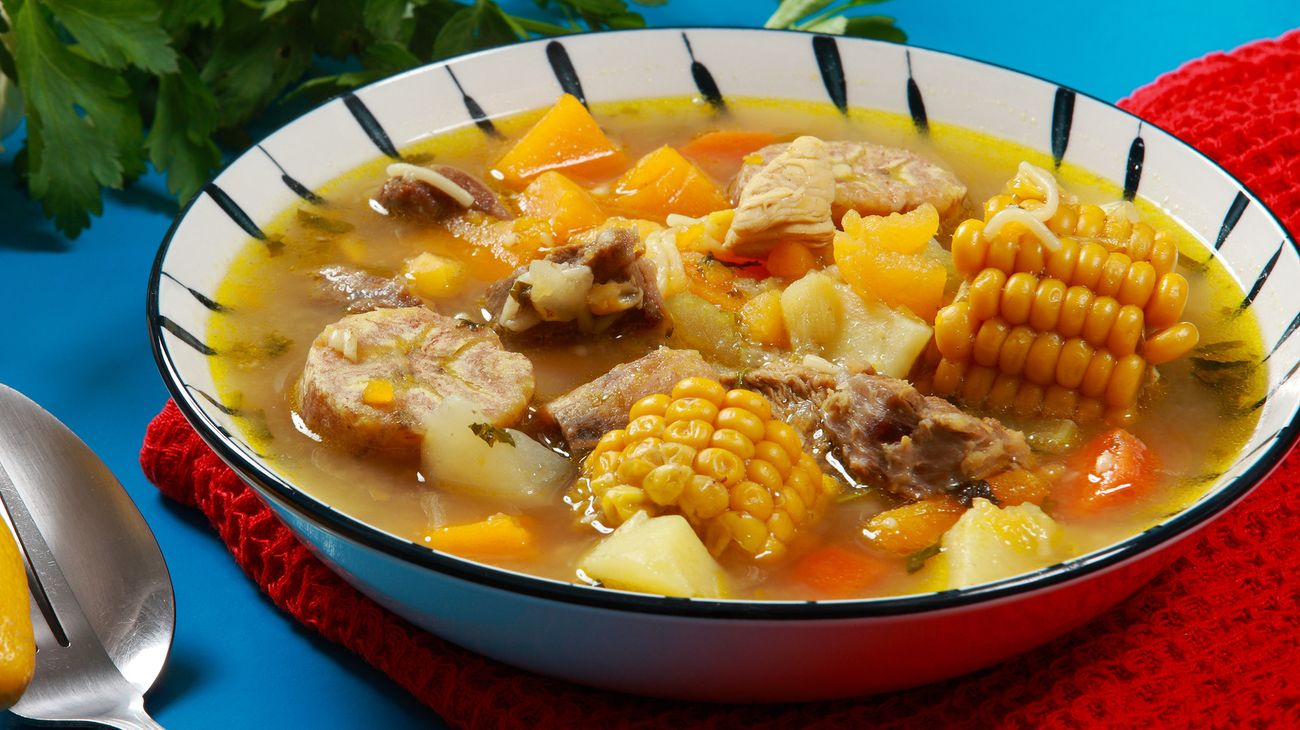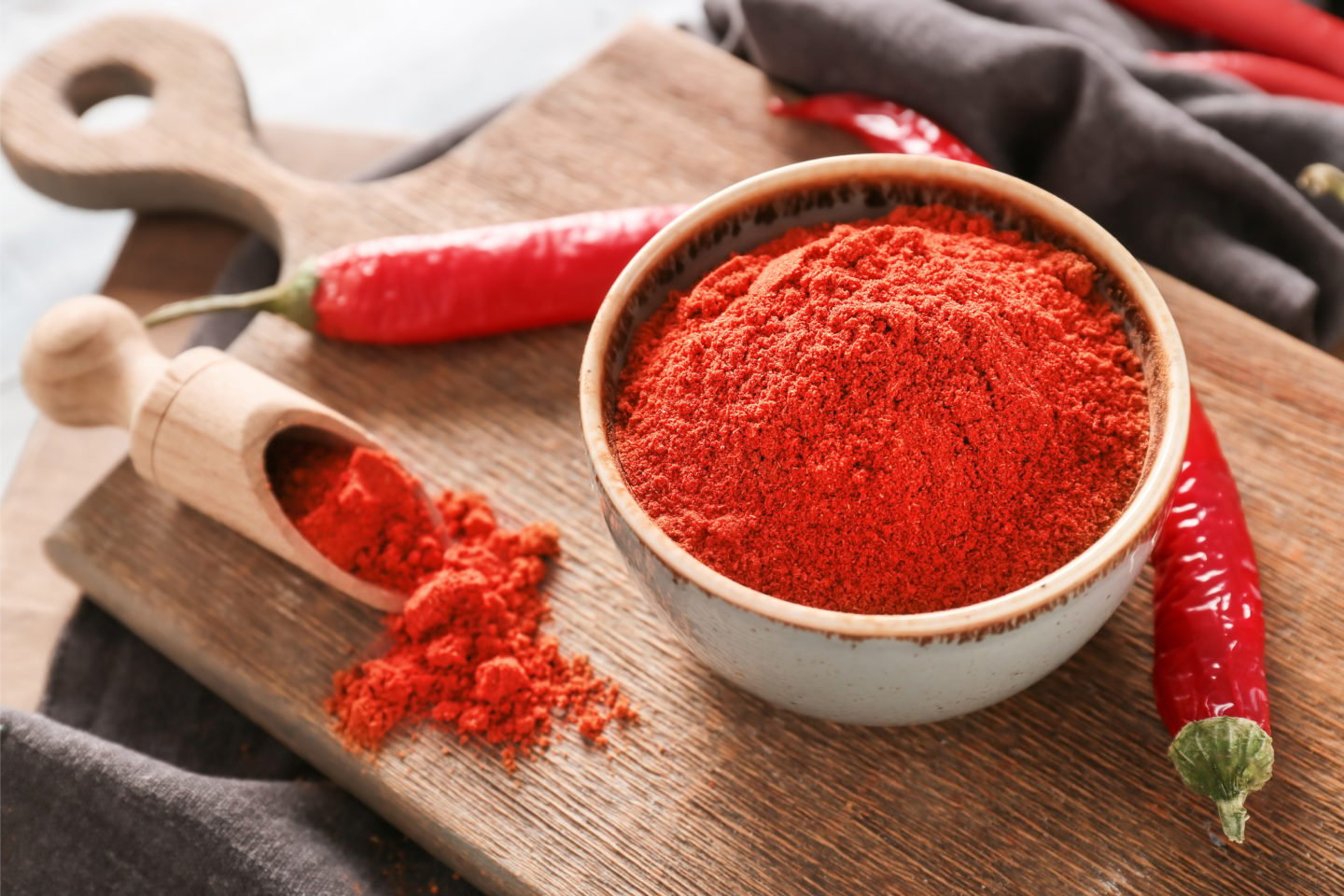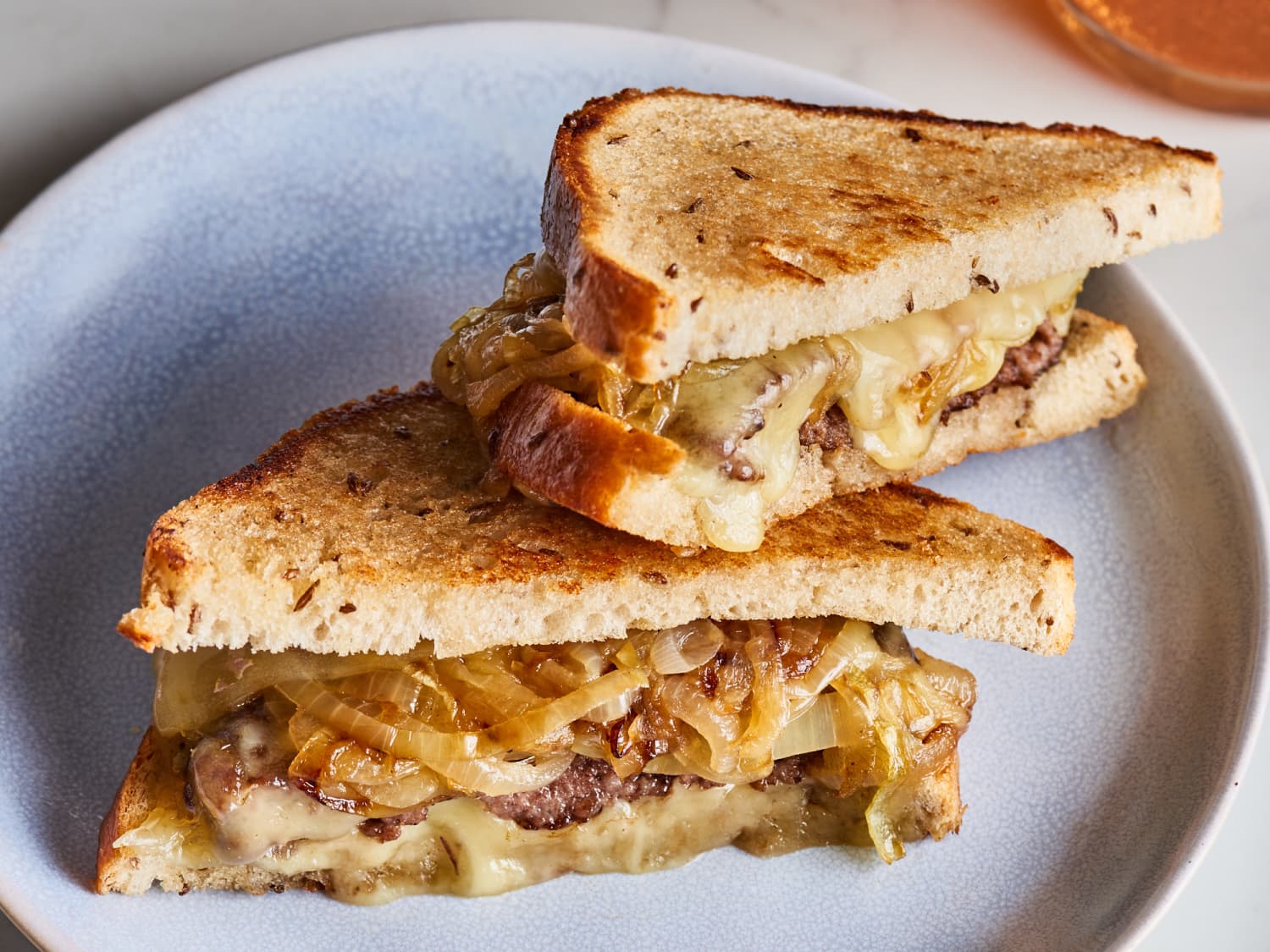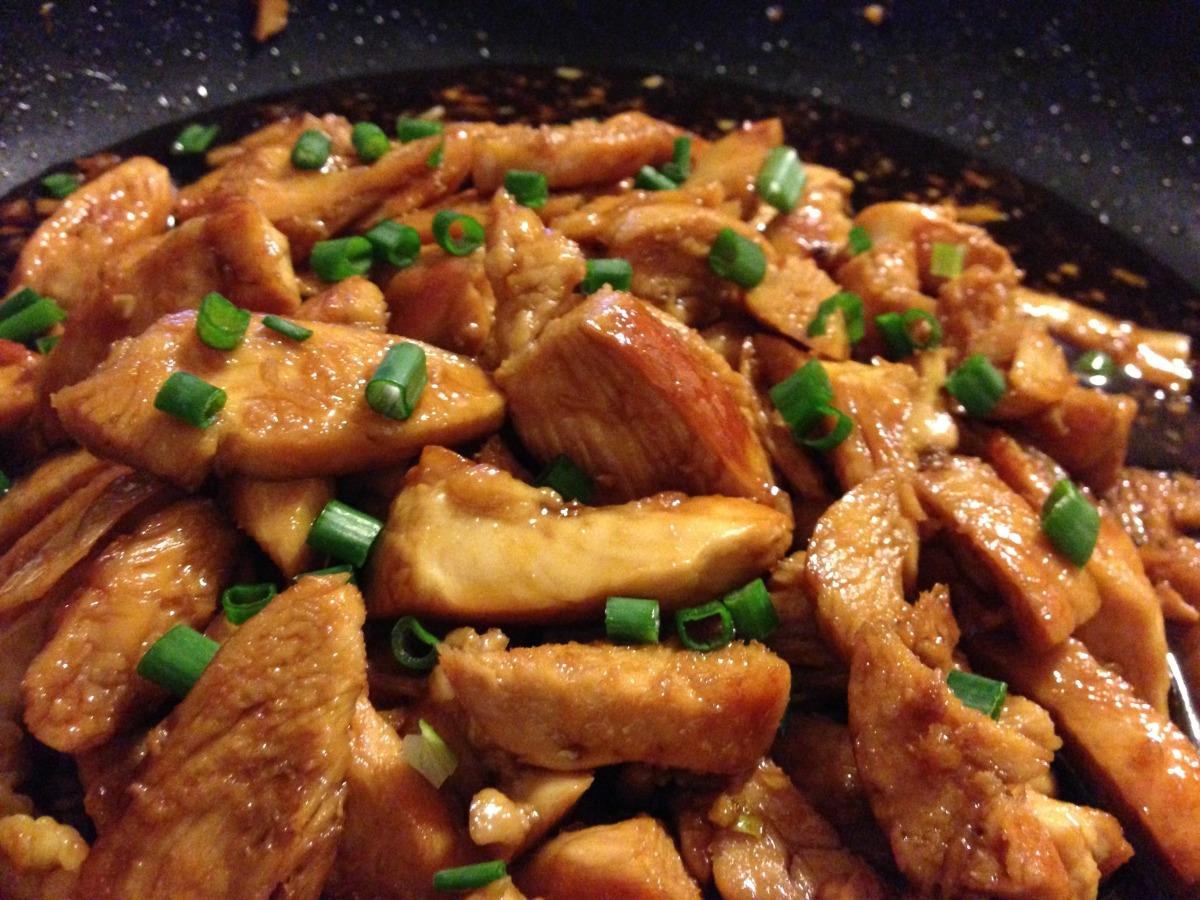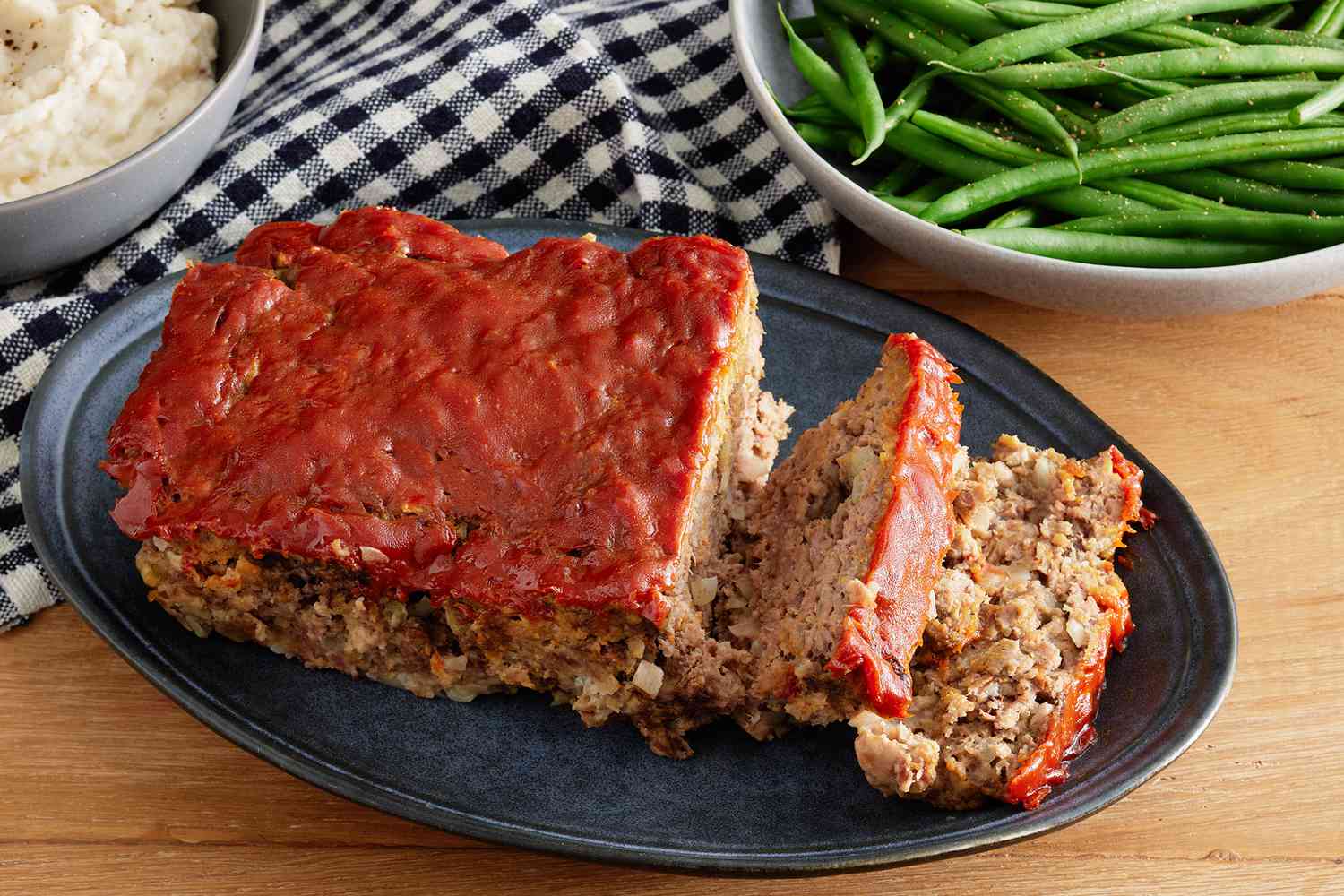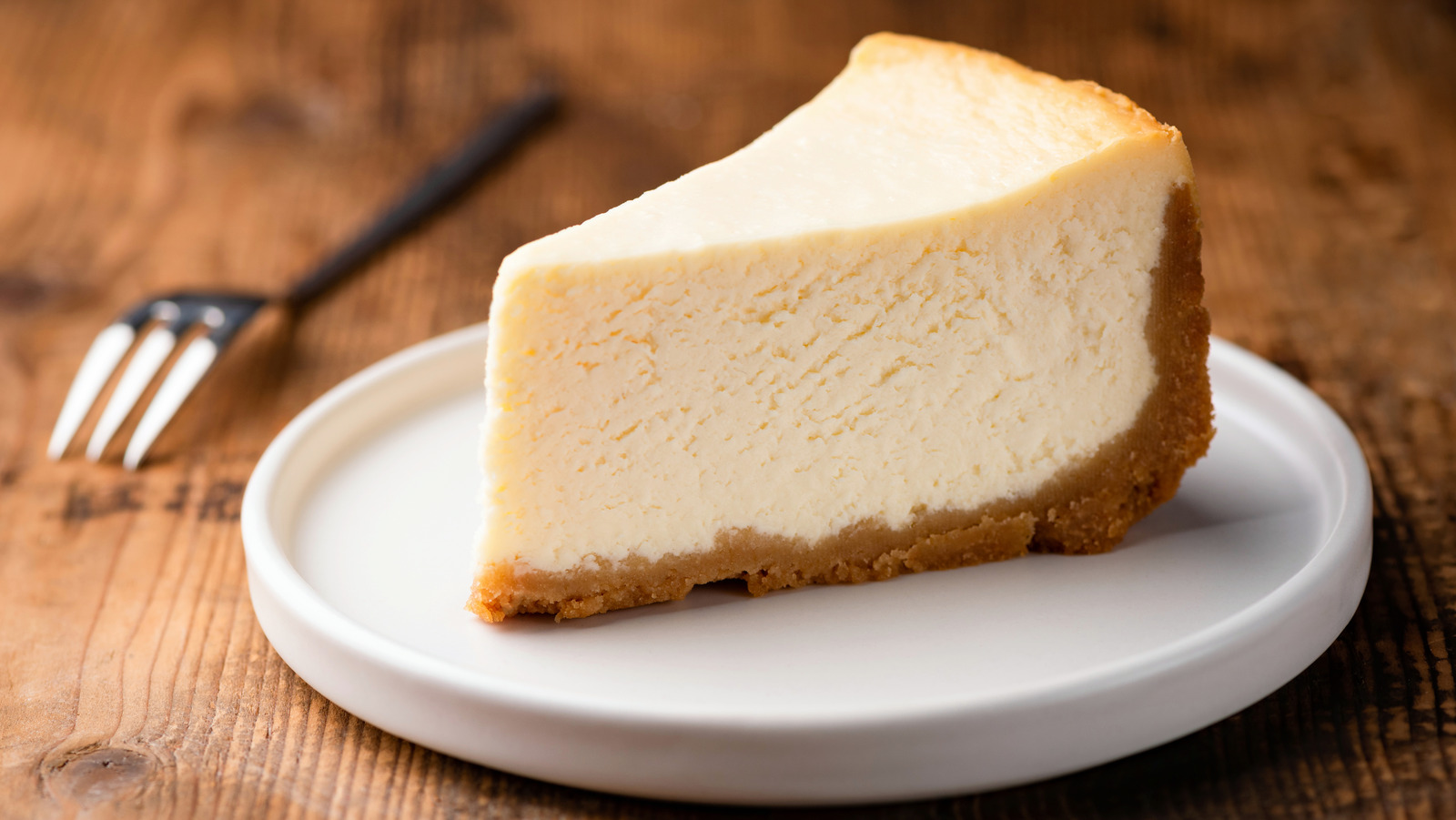When it comes to baking, having the right bakeware can make all the difference in the outcome of your delicious creations. With so many options available, it can be overwhelming to choose the best material for your bakeware. Each type of material has its own unique properties that can affect the way your baked goods turn out. In this article, we will explore the most common materials used for bakeware and help you determine which is the best choice for your baking needs.
1. Aluminum Bakeware
Aluminum bakeware is a popular choice for many home bakers. It is lightweight, affordable, and conducts heat well, resulting in evenly baked goods. However, aluminum can react with acidic ingredients, such as tomatoes or citrus, causing a metallic taste in the food. To prevent this, aluminum bakeware is often coated with a non-stick finish or anodized to create a more durable and non-reactive surface.
2. Stainless Steel Bakeware
Stainless steel bakeware is known for its durability and resistance to rust and corrosion. It does not react with acidic foods, making it a versatile choice for a wide range of recipes. While stainless steel does not conduct heat as well as other materials, it is often used in combination with other materials, such as aluminum or copper, to improve heat distribution.
3. Glass Bakeware
Glass bakeware is a popular choice for both baking and serving due to its elegant appearance and ability to withstand high temperatures. It heats up slowly and retains heat well, making it ideal for dishes that require a longer baking time. Glass bakeware is also non-reactive, so it can be used with acidic ingredients without affecting the taste of the food.
4. Ceramic Bakeware
Ceramic bakeware is prized for its ability to create a beautifully browned crust on baked goods. It retains heat well and distributes it evenly, resulting in perfectly baked treats. Ceramic bakeware is also non-reactive and can be used for a wide range of recipes, from casseroles to desserts.
5. Silicone Bakeware
Silicone bakeware has gained popularity in recent years due to its flexibility and non-stick properties. It is lightweight, easy to clean, and can be used in the oven, microwave, and freezer. While silicone bakeware does not conduct heat as well as metal or glass, it is a great option for recipes that require easy removal, such as muffins and cupcakes.
So, What Is the Best Material for Bakeware?
When it comes to choosing the best material for bakeware, there is no one-size-fits-all answer. Each type of material has its own unique properties and benefits. Consider the type of recipes you most frequently bake, your budget, and your personal preferences when selecting bakeware for your kitchen. Ultimately, the best material for bakeware is the one that meets your specific baking needs and helps you create delicious treats for you and your loved ones.
In conclusion, the best material for bakeware depends on your specific baking needs and preferences. Whether you prefer the durability of stainless steel, the even heat distribution of ceramic, or the flexibility of silicone, there is a wide range of options to choose from. Experiment with different materials to find the best fit for your kitchen and enjoy the process of creating delectable baked goods for years to come.
Was this page helpful?
Read Next: What Is Lobster-Topped Stuffed Flounder
